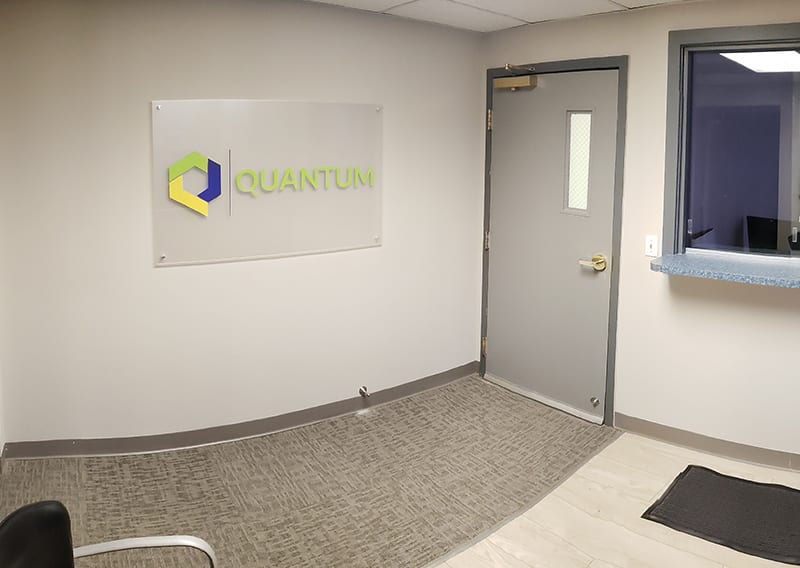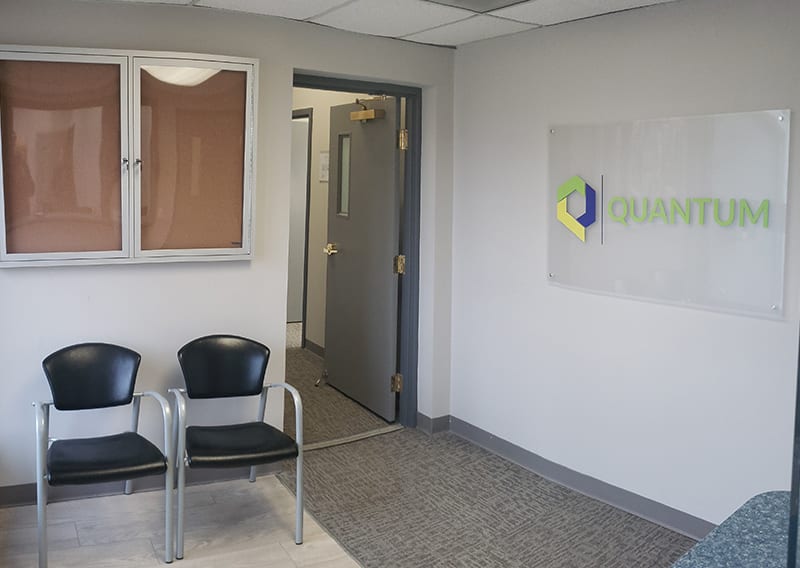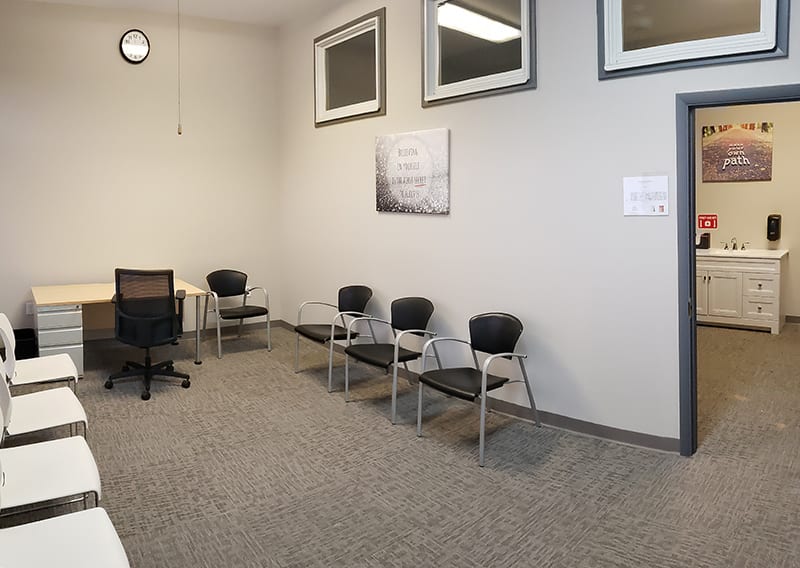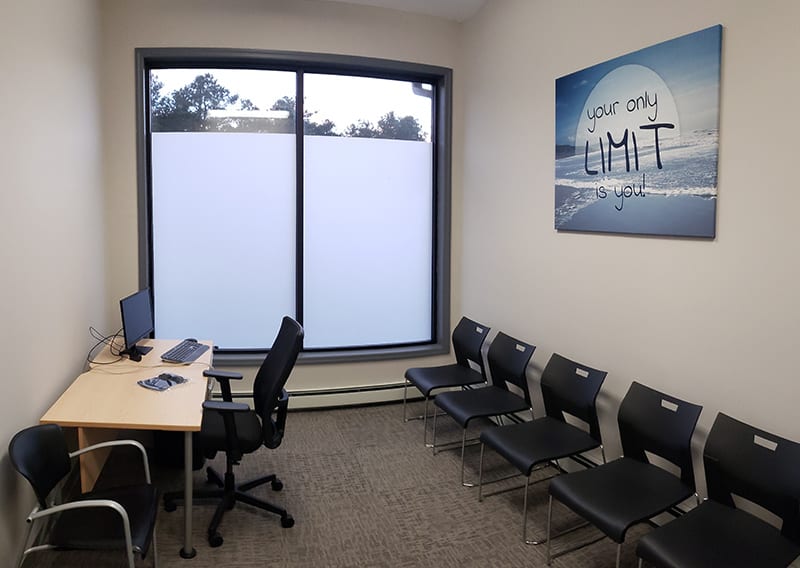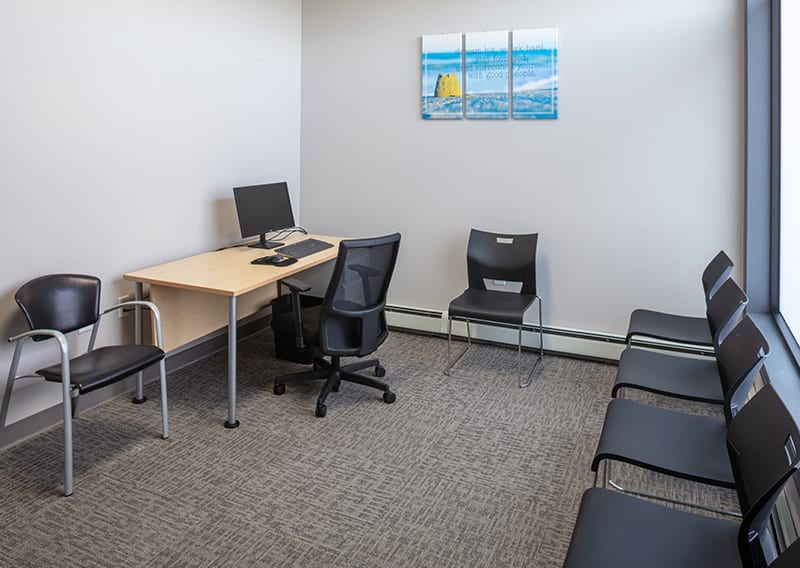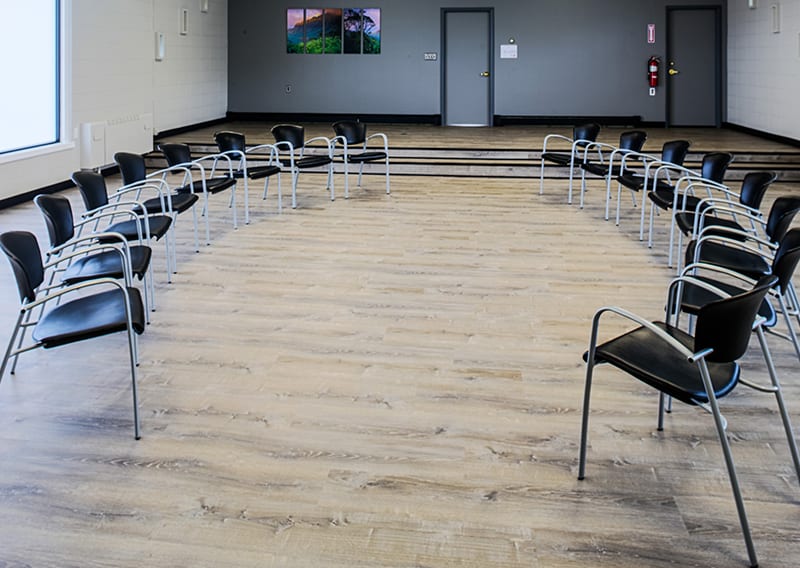Drug Rehab Near Me: Top Rated Drug Rehab in Edison
When you (or a loved one) are suffering from drug addiction and ready to get help, you want to make sure that you have top-notch treatment. Not only will you be able to start living your life free of substance abuse, but you’ll learn the skills necessary for relapse prevention and managing life when it gets stressful.
Photo Gallery
Click photos to enlarge
Are You Ready to Begin Your Journey to Recovery?
You could be completely covered. Verify Your Insurance Today.
The Quantum
Process Outpatient Rehab NJ
1. Make the Call
Contact our Quantum Team at
(609) 993 – 0733 to get started.
2. Complete
Your Intake
This streamlined process includes a series of questions and discussion of your unique needs and goals.
3. Get the Best Care Team Possible
After your intake, you’ll meet your Care Team, a group of amazing professionals dedicated to helping you make recovery reality.
4. On-Going Support
After you meet your Care Team, you’ll start to receive treatment based on a Care Plan that’s designed to help you achieve and sustain your recovery.
- Best Drug Rehab Center for Edison Residents
- Types of Addiction Treatment for Drug Addiction We Offer
- Inpatient Drug Rehab
- Outpatient Drug Rehab
- Heroin Rehab
- Meth Rehab
- Benzo Rehab
- Prescription Drug Rehab
- Cocaine Rehab
- How Long Is Rehab?
- What Is Rehab Like?
- Holistic Drug Rehab in Edison
- Executive Drug Rehab in Edison
- Breathwork Therapy
- Cognitive Behavioral Therapy
- Dialectical Behavioral Therapy
- Trauma-Informed Therapy
- Why Choose Quantum Behavioral Health for Drug Rehab in Edison
Best Drug Rehab Center for Edison Residents
Substance use disorder affects many Americans – nearly 20 million in 2017. You’re not alone, and the good news is that addiction is a treatable disease. The sooner you get help the better. A good drug addiction treatment center allows you to keep your sense of personal dignity so you can get unstuck from the substance abuse.
It’s important to find a recovery center that has experience with your drug of choice, as well as one that handles dual-diagnosis patients who also have underlying mental health issues. About 20% of the US has a mental illness, and mental health issues are strongly correlated with drug use.
Types of Addiction Treatment for Drug Addiction We Offer
At Quantum Behavioral Health in Edison NJ, we treat a variety of substance use disorders and dual diagnoses at a small, caring facility. While it serves outpatients only, we belong to a network of treatment centers for your drug detox and inpatient rehabs as well. Once you’ve progressed through these two levels of care, we can help you with more extended treatment to ensure relapse prevention and get you started on long-term recovery.
Inpatient Drug Rehab
Drug detox and inpatient treatment often go hand in hand. If you have been using drugs heavily or for a long time, your body has likely built up a tolerance to them. In that case, medical detox is critical. Once you stop taking the drug, you could end up with serious withdrawal symptoms. By tapering off instead of quitting cold turkey and being supervised 24/7 during detox, many of these symptoms can be less severe, if not eliminated.
After detox, inpatient rehab is a highly structured environment to help you get back on your feet. You typically eat with the rest of your group for three meals a day, and you’ll attend a mix of group and individual therapy sessions. Many inpatient treatment centers offer nutritional counseling and healthy food to help you nourish your body, mind, and spirit.
Outpatient Drug Rehab
Some people with substance use disorder don’t need to attend detox or inpatient rehab and can embark on a healthy drug-free life with just outpatient treatment. For others, outpatient rehab is the next step after residential treatment on their sobriety journey.
There are generally three levels of care in outpatient treatment, as you go longer and longer past your last drink or drug and can put healthy habits in place.
- Partial care: At this level, you spend about 20 hours a week in treatment. It’s usually conducted during the day and will address both substance use disorder and any co-occurring disorders. At the end of the day, you go back to your home or sober living house, depending on your circumstances.
- Intensive outpatient program (IOP): These programs are usually held outside the work and school day, in the evenings, or on weekends. Usually, you spend around 9 hours a week attending IOP, and this also will treat both substance abuse and any underlying mental health issues.
- Outpatient care: If you need less than 9 hours a week, you’re in the outpatient care program. These support you as you stay clean.
Heroin Rehab
There are no medical uses for heroin, which is a highly addictive opioid drug. It’s dangerous to try to withdraw from heroin on your own, and you’ll most likely need a medical detox to taper off it safely.
While many “horse” users start smoking or snorting it, they often end up injecting it so that they get high faster. Unfortunately, this introduces some negative effects (like skin infections, heart disease, and other diseases like HIV) in addition to the ones you might already be suffering from the heroin itself. All of these issues are treatable, however.
Meth Rehab
Methamphetamine is a strong stimulant that’s also habit-forming. Many people who have developed a meth addiction find it very hard to get off the drug by themselves, so you must get support when you’re ready to stop using meth. Like heroin, meth users often require medically assisted detox to rid their bodies of the drug. You’ll need counseling and therapy afterward to help you stay off the drug and prevent relapse.
Benzo Rehab
Benzodiazepines are tranquilizers, often known by brand names such as Valium, Ativan, Xanax, and Klonopin. Unlike heroin and meth, these drugs may be prescribed by a doctor to treat anxiety, seizures, and even alcohol withdrawal. However, they also have a high potential for abuse. While the drugs themselves are usually not life-threatening, they’re often taken in conjunction with other drugs and alcohol and those results can be lethal.
It’s a good idea to taper off benzos as well, so medical detox may be necessary for longtime users.
Prescription Drug Rehab
Other types of drugs that are prescribed and abused tend to be painkillers like Oxycontin and Vicodin, or stimulants used to treat ADD/ADHD such as Ritalin and Adderall. These can also be habit-forming, and users don’t always understand how dangerous they are since a doctor has prescribed them. If one is good, why not three? Prescription drugs can also provide a high that users develop an addiction to.
It’s a good idea to taper off these drugs as well, and you might need a medical detox to do so safely. Rehab after detox helps you learn (or relearn) the life skills you need for relapse prevention and to enjoy your substance-free life.
Cocaine Rehab
Like heroin, cocaine has no approved medical use. It’s a highly addictive drug and people can be psychologically as well as physically addicted to it. Rehab is key to letting go of your addictions and learning healthy habits to use instead.
How Long Is Rehab?
The amount of time you’ll spend in rehab is dependent on how long and how heavily you used, as well as any underlying health conditions (mental as well as physical.) Someone who hasn’t been using as long or as heavily won’t need to take as much time in rehab as someone who is a longtime substance user. Detox normally takes a week or two, again depending on a variety of factors.
Typical inpatient rehab programs are 30, 60, or 90 days. Most research shows that three months gives those with substance abuse disorders the best chance for long-term recovery, but not everyone needs or can afford three months. Long-term rehab can extend for 6 months, 1, or 2 years.
What Is Rehab Like?
The main goal of a rehab program is to help you learn how to live without drugs and alcohol. Inpatient programs are highly structured, with certain activities taking place at certain times, to help prevent loneliness or boredom which can result in relapse. Treatment centers offer individual counseling as well as group therapy sessions so that you learn how to handle issues that come up in everyday life – inside a safe place where everyone else is learning too.
Holistic Drug Rehab in Edison
When it comes to drug addiction treatment, people often discover that their drug use is a symptom of some other underlying problem or condition. While they may have been hidden during the period of drug abuse, these issues tend to reappear in treatment. Dealing with them and finding healthy coping strategies is a part of a holistic approach to substance use disorders, which treats the whole person and not just the addiction.
Executive Drug Rehab in Edison
Very often, professionals develop substance use disorders while handling highly stressful lives. Executive drug rehab provides a safe and private space for them to rid themselves of the addiction and relearn better life skills. These types of rehabs may also support professionals who need to travel for work and provide amenities like conference rooms and computer access for their work.
Breathwork Therapy
Learning to stay in the present moment is a critical aspect of mindfulness, which in turn is a key component of living life clean and sober. Breathwork is a known method for staying in the present, since you can always come back to your breath, no matter where you are and what you’re doing. Being able to stay mindful is helpful for relapse prevention.
Cognitive Behavioral Therapy
With this type of treatment, you’ll learn how to recognize unhelpful thoughts and behavior patterns so you can replace them with healthy ways of thinking and acting. CBT is backed by both research and practice in addiction recovery centers.
Dialectical Behavioral Therapy
Like CBT, dialectical behavior therapy is based on both research and experience. It’s helpful for anyone who feels their emotions very intensely so that they learn how to regulate their emotions.
Trauma-Informed Therapy
Many people with substance use disorders have experienced trauma in their lives. This kind of therapy not only accounts for trauma in the recovery plan but also is designed to avoid retraumatizing patients.
Why Choose Quantum Behavioral Health for Drug Rehab in Edison
Quantum is a small outpatient care facility so we can focus on treating the whole person and not just the substance use and mental health disorders. In addition to the therapies discussed above, we also offer experiential sessions such as art and music therapy, yoga, and meditation. You’ll be addressing your issues in a safe, cozy environment that allows you to focus on getting well, with the support that you need and deserve to start enjoying your sober life.

